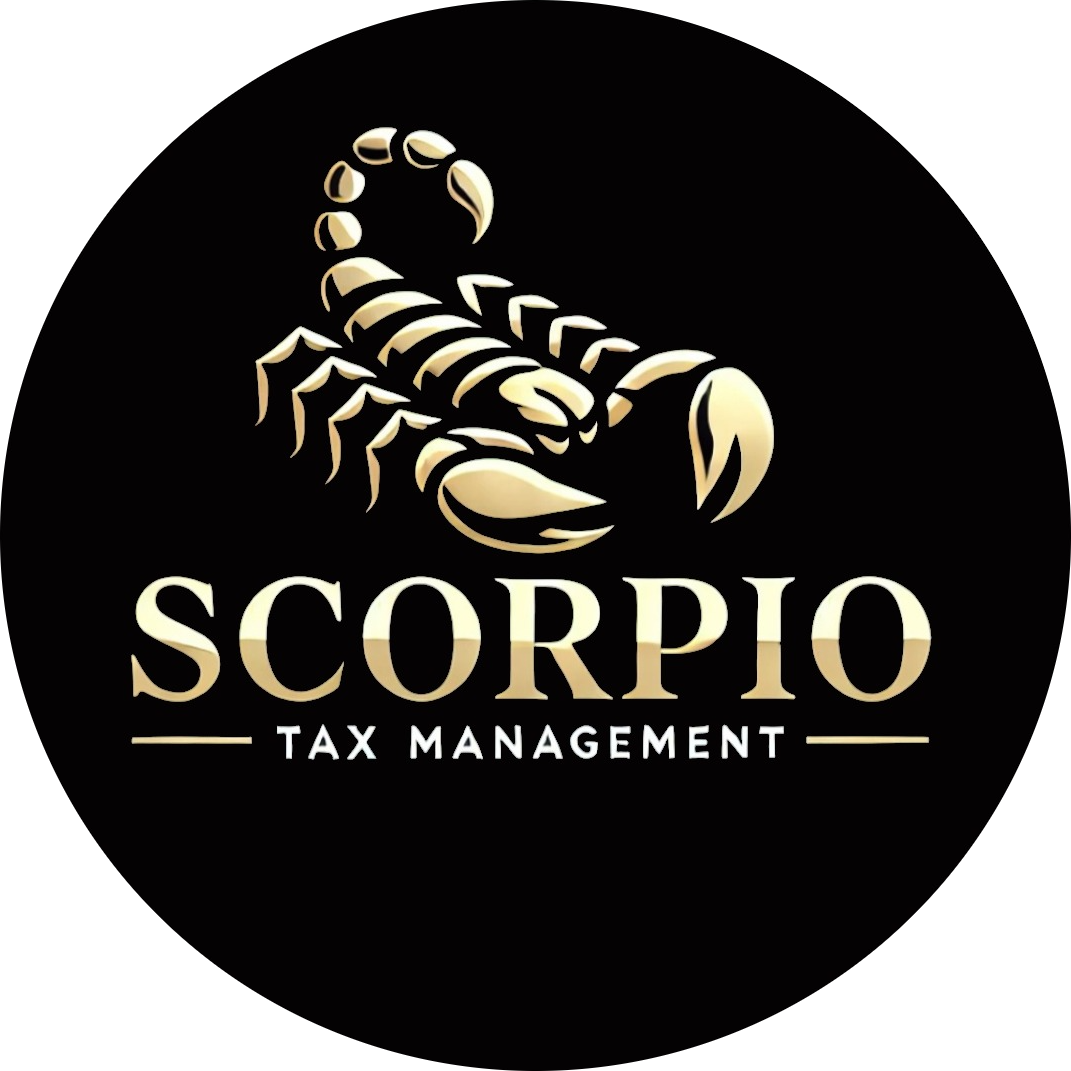IRS Audit Risk and Best Practices
Facing an IRS audit can be daunting for individuals and businesses alike. Understanding IRS audit risk factors and implementing best practices can help minimize the likelihood of an audit and ensure compliance with tax laws. This guide explores the key elements of IRS audit risks, common triggers, and actionable best practices to safeguard your financial records and reduce scrutiny from the IRS.
Write to Tax@S-CorpTax.com, or call (858) 779-4125.
Audit Triggers
What Is an IRS Audit?
An IRS audit is a review of an individual’s or business’s tax return to verify its accuracy and compliance with federal tax laws. Audits can be conducted via mail (correspondence audit), at an IRS office (office audit), or at your home or business (field audit). While the IRS audits only about 0.5% of individual tax returns annually, certain factors can increase your audit risk.
Understanding IRS Audit Risk Factors
Several factors can flag your tax return for an IRS audit. By recognizing these triggers, you can take proactive steps to minimize your risk.
1. High Income Levels
The IRS is more likely to audit taxpayers with higher incomes. For example, individuals earning over $1 million annually face a higher audit rate (around 2-3%) compared to those earning less than $200,000 (under 1%).
Why? High earners often have complex returns with multiple deductions, investments, or business income, increasing the potential for errors or discrepancies.
2. Unreported or Underreported Income
Failing to report all income, such as freelance earnings, rental income, or cryptocurrency transactions, is a major audit trigger. The IRS cross-references W-2s, 1099s, and other forms to detect unreported income.
Example: If you receive a 1099-MISC for freelance work but don’t report it, the IRS’s automated systems may flag your return.
3. Large or Unusual Deductions
Claiming deductions that are disproportionately large compared to your income can raise red flags. For instance, deducting $20,000 in charitable donations on a $50,000 income may prompt scrutiny.
Common deductions under review include:
Home office deductions
Business expenses
Charitable contributions
Medical expenses
4. Self-Employment or Cash-Based Businesses
Self-employed individuals and businesses that deal heavily in cash (e.g., restaurants, salons) are at higher risk due to the potential for underreporting income or inflating expenses.
The IRS closely examines Schedule C filings for sole proprietors to ensure accuracy.
5. Math Errors or Incomplete Filings
Simple mistakes, such as incorrect calculations or missing forms, can trigger an audit. Even small errors can lead to a correspondence audit to resolve discrepancies.
6. Foreign Accounts or International Transactions
Failing to report foreign bank accounts (via FBAR or Form 8938) or income from international sources can lead to audits. The IRS has increased scrutiny on offshore assets to combat tax evasion.
7. Random Selection
Some audits are random, part of the IRS’s National Research Program to gather data on taxpayer compliance. While unavoidable, these are rare.
Best Practices to Minimize IRS Audit Risk
By adopting proactive strategies, you can reduce your audit risk and ensure compliance with IRS regulations. Here are the top best practices:
1. Maintain Accurate and Organized Records
Keep detailed records of income, expenses, and deductions for at least three years (or seven years for complex returns). Use accounting software like QuickBooks or spreadsheets to track transactions.
Pro Tip: Digitize receipts and store them securely in the cloud to avoid loss or damage.
2. Report All Income
Ensure all income sources, including side gigs, investments, and digital assets, are reported accurately. Cross-check 1099s, W-2s, and other forms against your records.
For cryptocurrency, report all transactions, including trades and sales, as the IRS now explicitly asks about virtual currency on Form 1040.
3. Claim Reasonable Deductions
Only claim deductions you can substantiate with receipts, invoices, or bank statements. Avoid “creative” deductions that seem excessive for your income level.
For home office deductions, ensure you meet IRS criteria (e.g., exclusive and regular use of the space for business).
4. Hire a Qualified Tax Professional
A CPA or enrolled agent can help navigate complex tax situations, such as self-employment, rental properties, or international income. They can also represent you during an audit, reducing stress and errors.
When to hire: If your return involves multiple income streams, deductions, or foreign assets, professional help is worth the investment.
5. File Electronically
E-filing reduces the risk of math errors and ensures your return is processed accurately. Use IRS-approved software like TurboTax or H&R Block for added reliability.
6. Double-Check Your Return
Review your tax return for accuracy before submitting. Common errors to avoid:
Incorrect Social Security numbers
Mismatched income figures
Missing signatures or forms
7. Respond Promptly to IRS Notices
If you receive an IRS notice, respond within the specified timeframe (usually 30 days). Ignoring correspondence can escalate a minor issue into a full audit.
Consult a tax professional if you’re unsure how to respond.
8. Stay Informed About Tax Law Changes
Tax laws evolve, and staying updated can prevent unintentional errors. For example, recent changes to cryptocurrency reporting or gig economy taxes may affect your return.
Subscribe to IRS newsletters or follow reputable tax blogs for updates.
What to Do If You’re Audited
If the IRS selects your return for an audit, don’t panic. Follow these steps to navigate the process smoothly:
Read the IRS Notice Carefully
The notice will specify the type of audit, documents required, and deadlines. Note whether it’s a correspondence, office, or field audit.
Gather Documentation
Collect all relevant records, such as receipts, bank statements, and tax forms, to substantiate your return.
Seek Professional Help
A tax professional can guide you through the audit, prepare responses, and represent you in meetings with the IRS.
Be Honest and Cooperative
Provide accurate information and avoid volunteering unnecessary details. Being transparent can expedite the process.
Appeal If Necessary
If you disagree with the audit findings, you can appeal through the IRS Office of Appeals or, in some cases, pursue legal action.
Don’t attempt to handle your tax situation all by yourself… work with professionals!
The trouble and money a good tax strategist can save you often pays off right away.
Scorpio Tax Management can help you: There’s no cost to have a first conversation.
We are Enrolled Agents, licensed directly by the IRS to advise and represent taxpayers.
Scorpio Tax Management can assist you in nearly all U.S. states... just reach out to us!
San Francisco, with Marin County, Silicon Valley, and the whole East Bay
Paso Robles, with Atascadero and all other parts of the Central Coast
Santa Barbara, with Buellton, Santa Ynez, Montecito, Ventura, Oxnard
Los Angeles, Malibu, Santa Monica, Beverly Hills, Hollywood, South Bay
Orange County, with Anaheim, Huntington Beach, Newport Beach, Irvine
San Diego, with Del Mar, La Jolla, Rancho Santa Fe, Encinitas, Oceanside
Palm Springs, with Palm Desert and all other parts of the Coachella Valley
Las Vegas, with Henderson and all other regions of Nevada
Phoenix, Tuscon and all of Arizona
Dallas, Austin, San Antonio, Houston, and all other cities in Texas
Miami, Orlando, Tampa Bay, Palm Beach, Jacksonville, Sarasota… all of Florida
As Enrolled Agents, we are licensed to help taxpayers in all 50 states
📞 (858) 779-4125, or Schedule a Call Here
📧 tax@S-CorpTax.com










